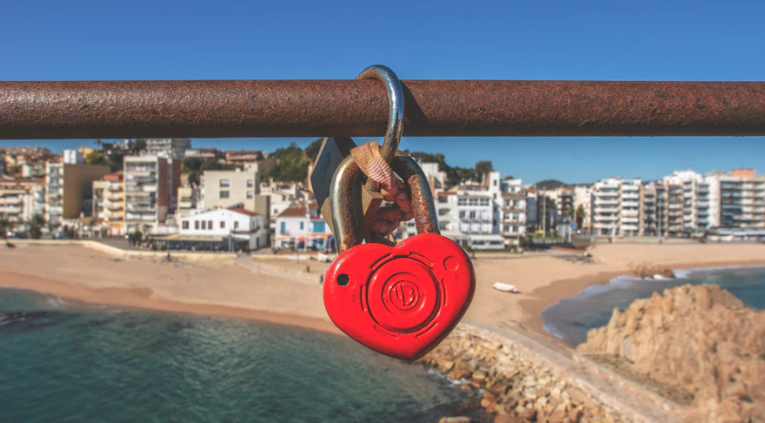Relationships March 26, 2020
Compromise is great, but don't sacrifice your identity just to keep your partner by your side.


Most of us desire emotional intimacy in our relationships, but it isn’t always healthy. If you constantly find yourself looking to your partner for validation, you may not be in the healthiest of relationships. Learn more about what a codependent relationship is, and what to do if you think you’re in one.
According to Dr. Shawn Burns’ 2016 book on the subject, codependent relationships involve one partner doing the majority of the emotional work. She calls this partner the “giver.” Ideally, a healthy partnership should consist of a balanced exchange of “give and take,” instead of a seemingly one-sided trade.
In a study published in 2002, researchers Dear and Roberts also explored codependency. They explained that codependent relationships are most often defined by, “an excessive reliance on other people for approval and identity.” This can endanger the sense of individual identity of the person seeking to please their partner.
As Dr. Burns notes, the danger arises when the “giver” sacrifices their own needs or sense of self in order to preserve the relationship.
Long story short: it’s a relationship where one person relies on the other to meet their emotional and self-esteem needs. In so doing, they often (though not always!) enable their partner in continuing to practice a bad behavior, or even an addictive behavior.
According to Dear and Robert’s findings, common behavioral indicators include a tendency to prioritize their partner’s needs ahead of their own. You may be thinking, what’s so bad about being selfless? This is where “rescuing” comes in. “Rescuing,” is creating excuses for the other person. You can “rescue” your partner by regularly forgiving them. Most often, this manifests in cases where one partner excuses the other of responsibility for their behavior or emotions.
Another common indicator to look for, cited by Dr. Holly Daniels, is a constant search for reassurance that the relationship is meaningful. If you find yourself incessantly wondering if your partner truly loves you, or regularly asking them not to leave you, this may be a sign of codependency.
Codependency expert Darlene Lance offers some more questions to ask yourself:
“Do you expend all of your energy in meeting your partner’s needs? Do you feel trapped in your relationship? Are you the one that is constantly making sacrifices in your relationship? Then you may be in a codependent relationship.”
So, are you making like last season’s Bachelorette Hannah B. and ignoring every bright red flag the Luke P. in your life waves?
According to a 2012 article published in the American Journal of Family Therapy, codependency is a learned behavior. Their findings showed that adults were more prone to find themselves in a codependent relationship if they perceived conflict between their parents as children.
While looking back on childhood woes may sound like a downer, their study and others suggest that codependency is a learned behavior. Meaning that you can unlearn it! Both Dr. Burns and Dr. Daniels recommend seeking professional help from a therapist to overcome codependent tendencies.
You can also seek out help and others who’ve been there, done that, at Co-Dependent’s Anonymous. Their resources and support groups stretch around the globe, offering a 12-step recovery program.
Above all, know that you’re not alone. Reaching out to other friends and loved ones for support is also a good idea when untangling oneself from a codependent relationship.